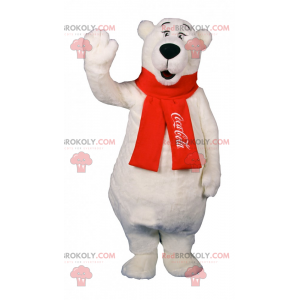Discover the Power of Mascots in Brand Marketing Strategy
Mascots: Major Assets in Marketing
Mascots are powerful communication tools in the marketing sector. Their ability to embody a company's identity by making them likable and memorable is a major asset. By using mascots, brands can strengthen customer engagement and create a lasting emotional connection. They also help simplify complex messages and attract the attention of the target audience. Mascots are effective brand ambassadors and can help differentiate a company from its competitors. By leveraging the charm and authenticity of mascots, brands can maximize their impact and visibility.
Enhancing Customer Engagement
Mascots play a crucial role in enhancing customer engagement. Their friendly and endearing appearance creates an emotional relationship with the audience, thus promoting loyalty to the brand. Customers are more likely to interact with a company that uses a mascot, as it adds a touch of humanity and closeness. This emotional connection can lead to better customer retention and positive recommendations.
Simplifying Messages and Targeting the Audience
Mascots are also effective in simplifying complex messages. Their playful and easily recognizable character allows for clear and accessible communication of important information. Furthermore, mascots attract the attention of the target audience, especially children and young adults. Their playful and colorful presence quickly captures attention and enhances brand memorability.
Effective Brand Ambassadors
Mascots act as powerful brand ambassadors. Their distinct personality and ability to embody the company's values strengthen the brand identity with the public. Mascots can be used in various communication channels, such as advertising campaigns, promotional events, and social media, to enhance brand visibility and awareness.
Differentiation through Charm and Authenticity
By leveraging the charm and authenticity of mascots, brands can stand out from their competitors. A well-designed mascot consistent with the company's identity can become a distinctive and memorable element for consumers. This differentiation promotes brand preference and can influence customers' purchasing decisions in favor of the company using the mascot.
Conclusion
In conclusion, mascots are essential elements of an effective marketing strategy. Their ability to enhance customer engagement, simplify messages, attract the target audience's attention, serve as brand ambassadors, and differentiate a company make them powerful tools to improve a brand's impact and visibility. By harnessing the potential of mascots, companies can create a lasting emotional connection with their audience and distinguish themselves in a competitive environment.












